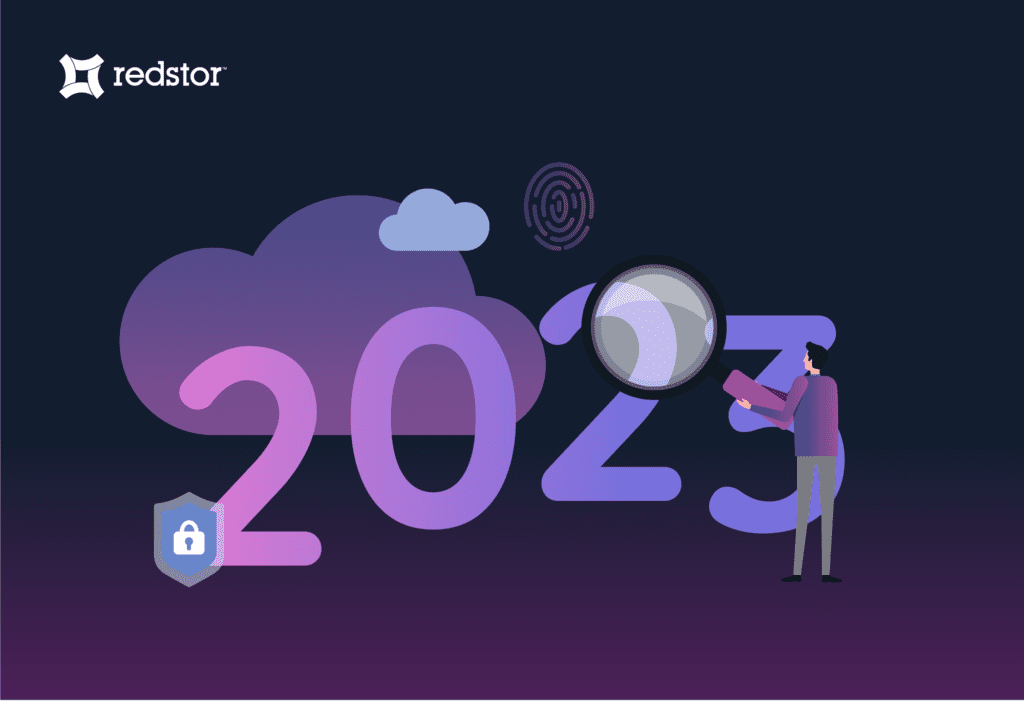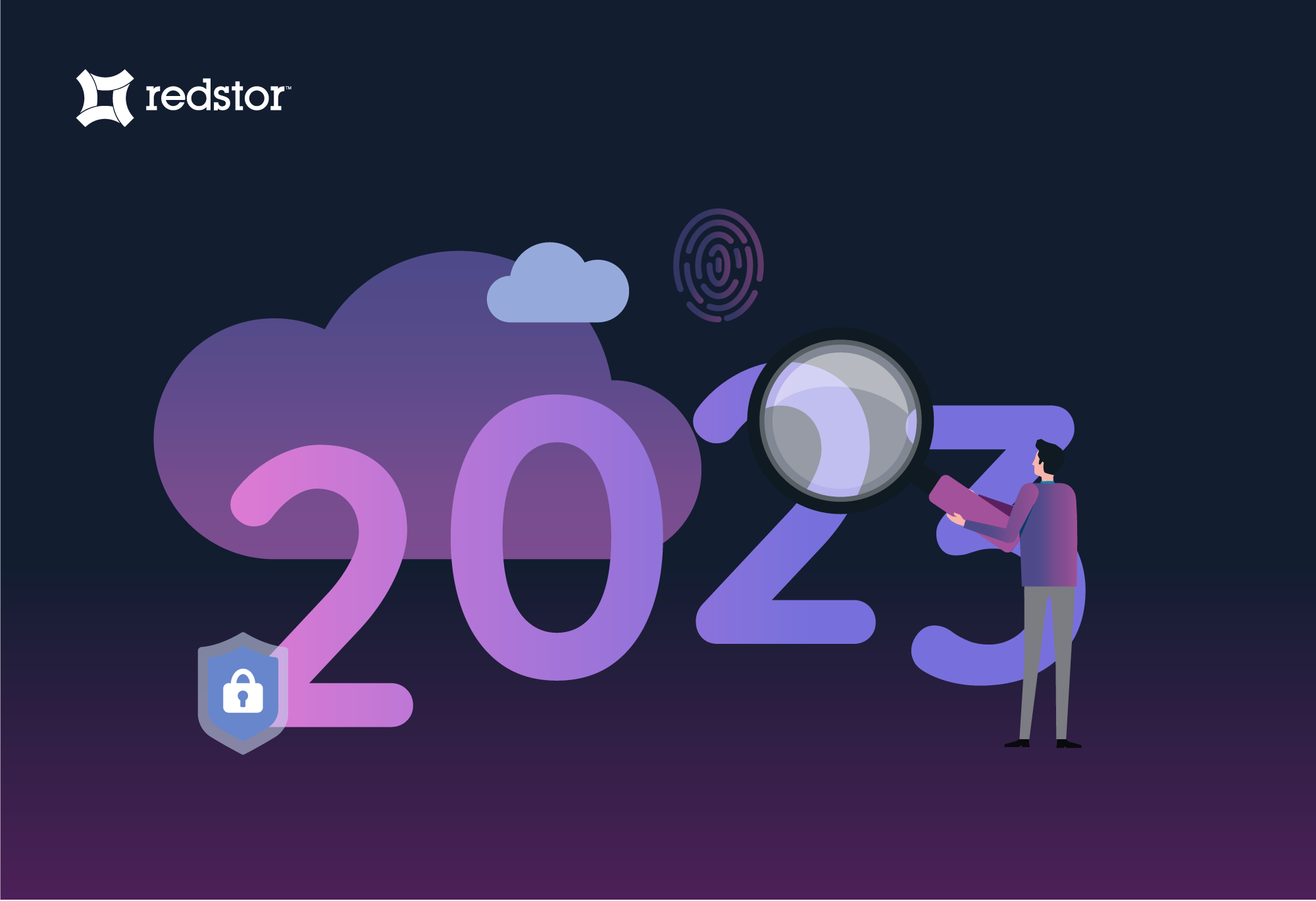Gartner estimates that by 2025, 30% of companies will have adopted a broad-spectrum data security platform. Given the financial and reputational repercussions of data breaches, it is perhaps surprising that this number is not higher. Regardless, privacy and protection will be an essential part of boardroom discussions in South Africa and abroad in the coming months. This is according to Redstor, a born-in-the cloud software vendor and provider of the smarter cloud backup platform of choice for managed service providers (MSPs).
To this end, there are several trends to keep in mind when it comes to data protection and privacy. Each of these suggest a growing awareness of how intricately these components have become to business success in a digital world.
1. Privacy becomes the building block
The tick-box exercise around privacy will be replaced by an understanding of the importance of a privacy-first approach. Much like Zero Trust is to cybersecurity, privacy-first is about looking at the means of safeguarding sensitive information by default with users having to prove who they say they are to access relevant information. Privacy-first moves beyond a compliance exercise to one where every data privacy and security aspect of the business is taken care of.
2. Resilience will tie everything together
Even though the uncertainties caused by the pandemic might be a thing of the past, the events of 2020 and 2021 have spurred organisations to rethink how they approach data availability and security. Investing in the protection of data assets will be key to business success. Companies will also look at ways of enhancing their cyber resilience through more targeted business continuity and disaster recovery initiatives whether data is stored on-premises, in the cloud, or in a hybrid environment.
3. Supply chain defence
One of the key lessons in recent times have been that supply chain security can never be strong enough. With the massive impact the pandemic has had on global supply lines and malicious users looking to exploit the situation, companies need to strengthen their operational environments. Everything from perimeter defences to partner validation and reviewing third-party systems and services must take place to maintain the integrity of the supply chain.
4. Human meet AI
Many analysts have already predicted that 2023 will be the year AI will become more mainstream. While robotic process automation has been generally accepted, AI for business use have been kept on the periphery. However, given how sophisticated modern cyberattacks targeting data have become, companies must shore up their defences. Human-driven systems have too much potential for compromise. This will lead to more companies rely on machine learning and AI to spot and block suspicious activity before breaches can occur.





